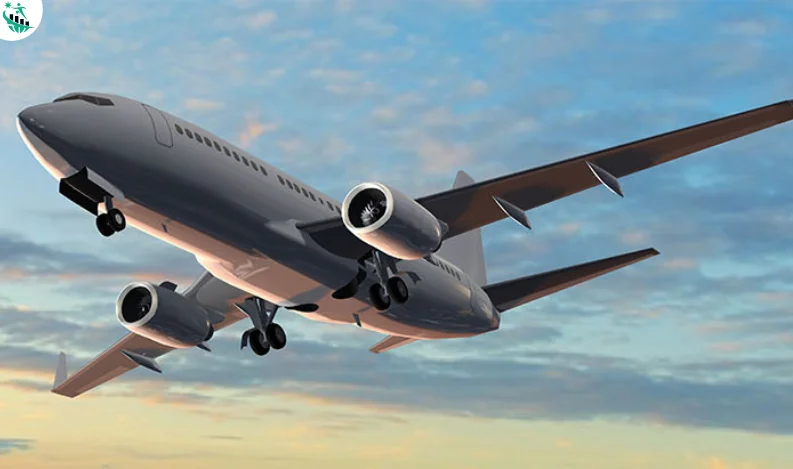
Domestic Airfare Drops as Travel Demand Softens Amid Economic Uncertainty
U.S. airlines are grappling with a notable slowdown in domestic travel demand, prompting a wave of fare cuts and scaled-back growth plans for the remainder of 2025.
In recent earnings calls, executives at major carriers sounded cautious tones, warning investors that demand has fallen short of early-year expectations. Factors cited include President Donald Trump's fluctuating tariff policies, volatile financial markets, and broader economic uncertainty dampening consumer confidence.
“Nobody really relishes uncertainty when they’re talking about what they could do on a vacation and spend hard-earned dollars,” American Airlines CEO Robert Isom told analysts during the company’s quarterly earnings call.
Lower Demand, Lower Prices
The dip in travel enthusiasm has created a surplus of available seats, forcing airlines to cut prices to maintain passenger loads. According to the Bureau of Labor Statistics, average airfare dropped 5.3% in March compared to the same month last year, following a 4% decline recorded in February.
The timing of the Easter holiday in 2024 contributed slightly to the comparison, but executives agree that the primary pressure stems from broader economic forces.
Delta Air Lines, Southwest Airlines, Alaska Airlines, and American Airlines have all announced the withdrawal of their full-year financial guidance, citing unpredictability in the economic landscape. United Airlines, while maintaining a cautious outlook, issued two financial forecasts: one assuming a potential recession and one without.
“We’re still seeing strong demand for the summer, but we have to be prudent,” said Delta CEO Ed Bastian during an earnings briefing.
Corporate and Government Travel Slowdowns Add Pressure
A key pillar of airline revenue—corporate travel—is also under strain. Business travel, which traditionally provides higher yields due to last-minute bookings and less price sensitivity, has seen a noticeable slowdown.
“Corporate travel is often the first thing that disappears when uncertainty looms,” explained Conor Cunningham, a travel and transportation analyst at Melius Research.
While corporate travel showed promising signs of a 10% year-over-year increase early in 2025, Delta's Bastian acknowledged that momentum has since flattened. Simultaneously, government travel spending has contracted sharply amid federal cost-cutting measures and widespread layoffs under the Trump administration.
Alaska Airlines, for example, has warned investors of weaker-than-expected demand that could erode second-quarter earnings. Chief Financial Officer Shane Tackett told CNBC that although overall demand remains healthy, it has not matched the elevated levels airlines anticipated at the end of 2024.
“The fares aren’t as strong as they were in the fourth quarter of last year and coming into January and the first part of February,” Tackett noted.
Premium Travel and International Routes Hold Steady
While domestic economy travel faces turbulence, the premium segment—such as first-class and business-class bookings—remains relatively resilient. Additionally, U.S. travelers continue to show strong demand for international flights, offering some relief to airline bottom lines.
Still, industry leaders agree that restoring consumer and corporate confidence is critical to stabilizing the broader travel market.
“Certainty will restore the economy, and I think it will restore it pretty quickly,” American Airlines' Isom said, expressing cautious optimism for a rebound once political and economic headwinds subside.



Recent Comments: